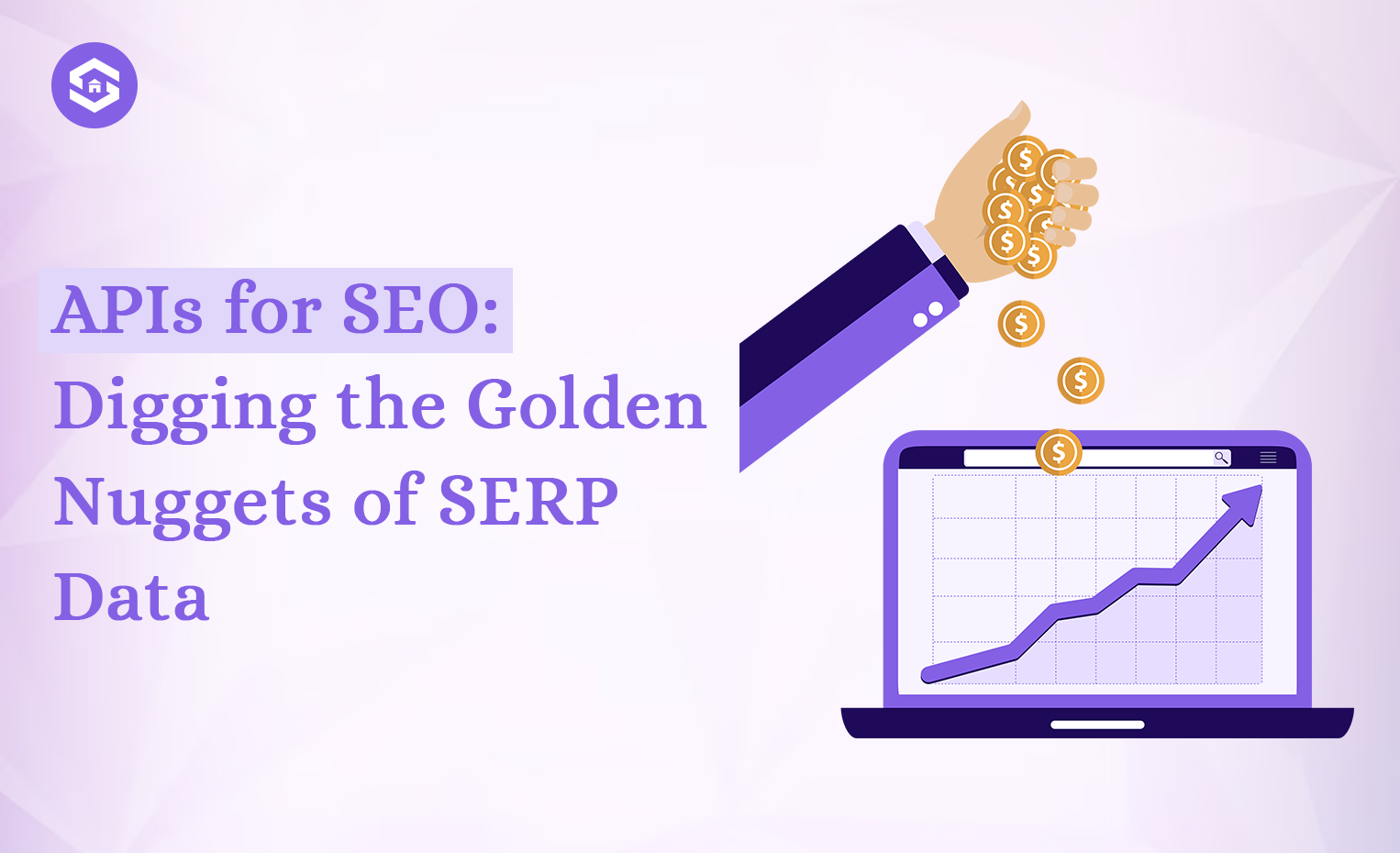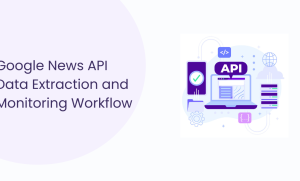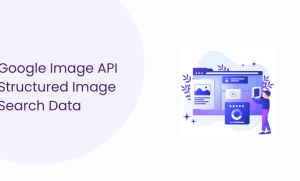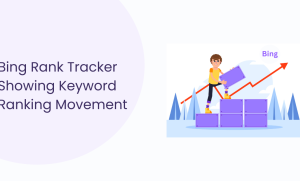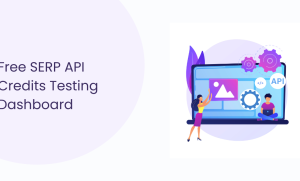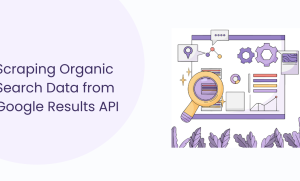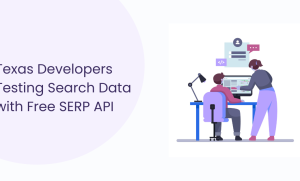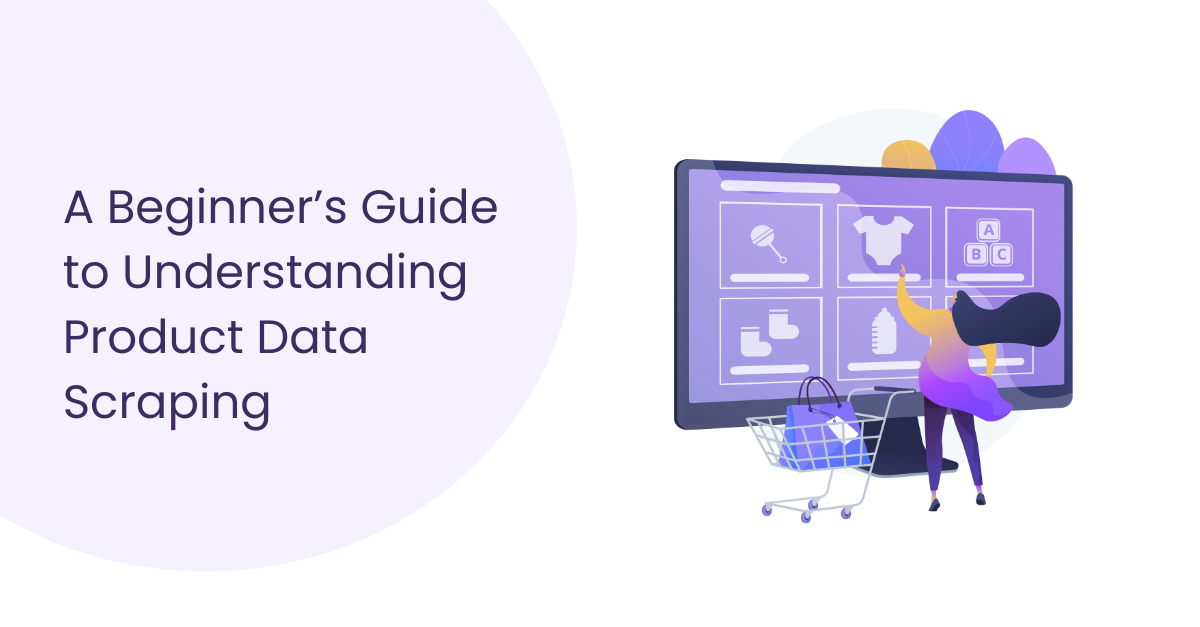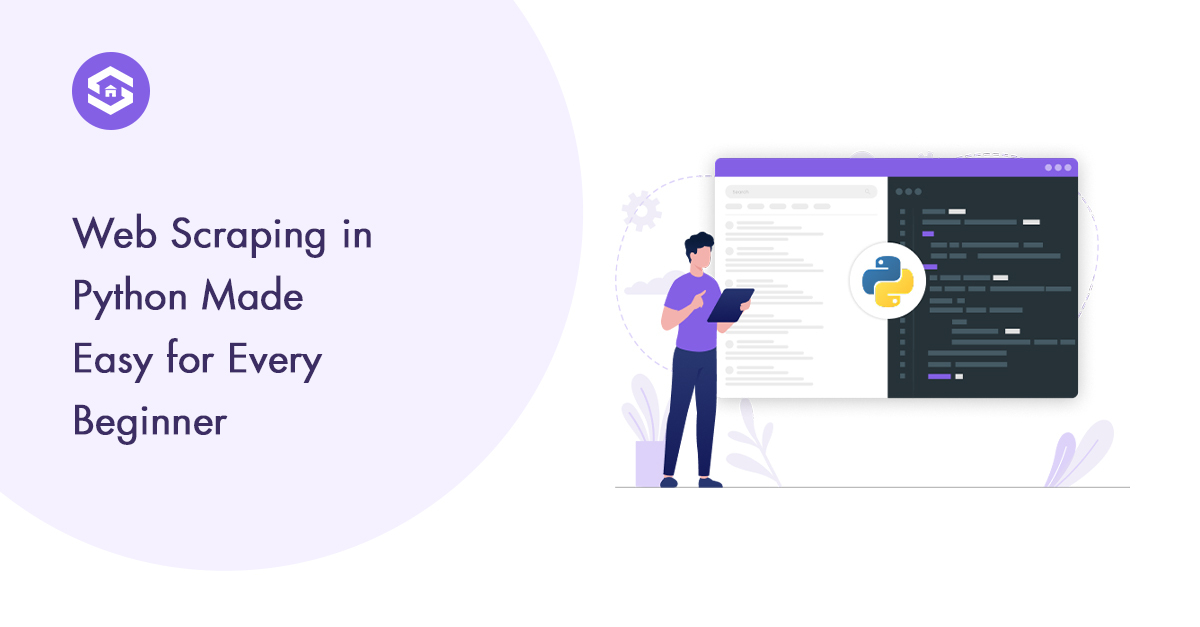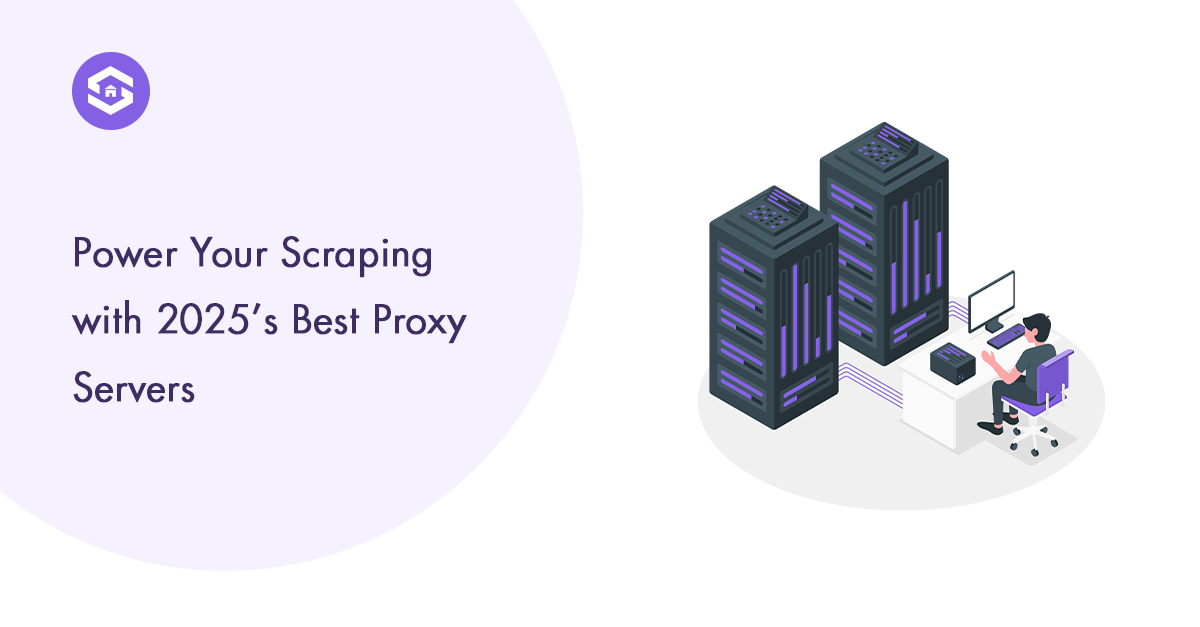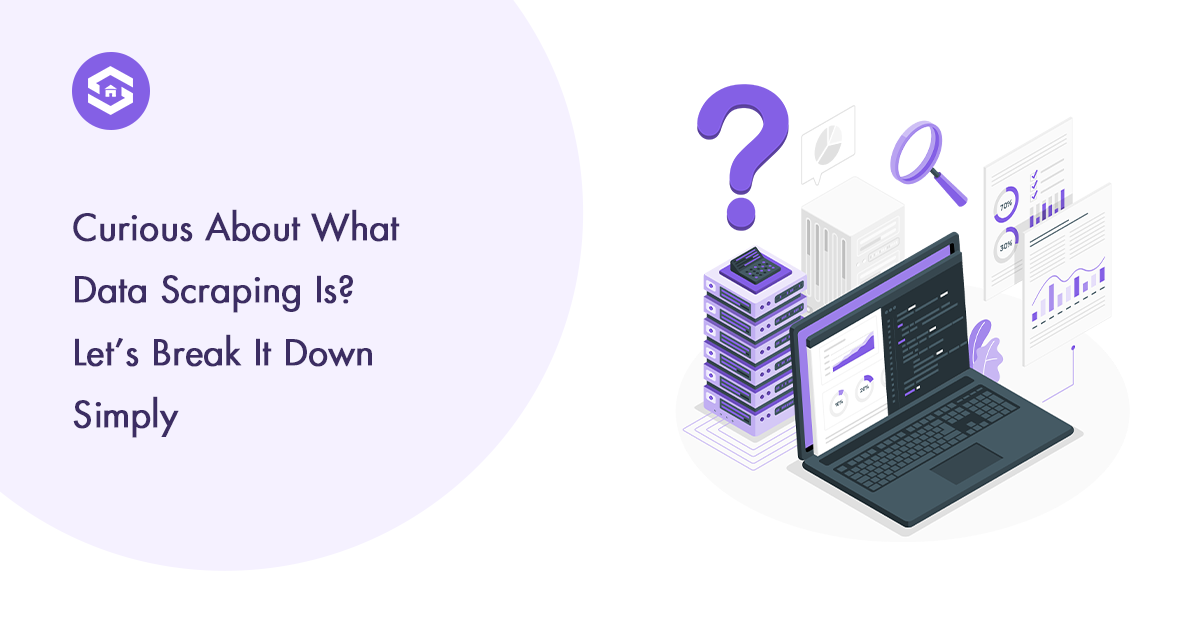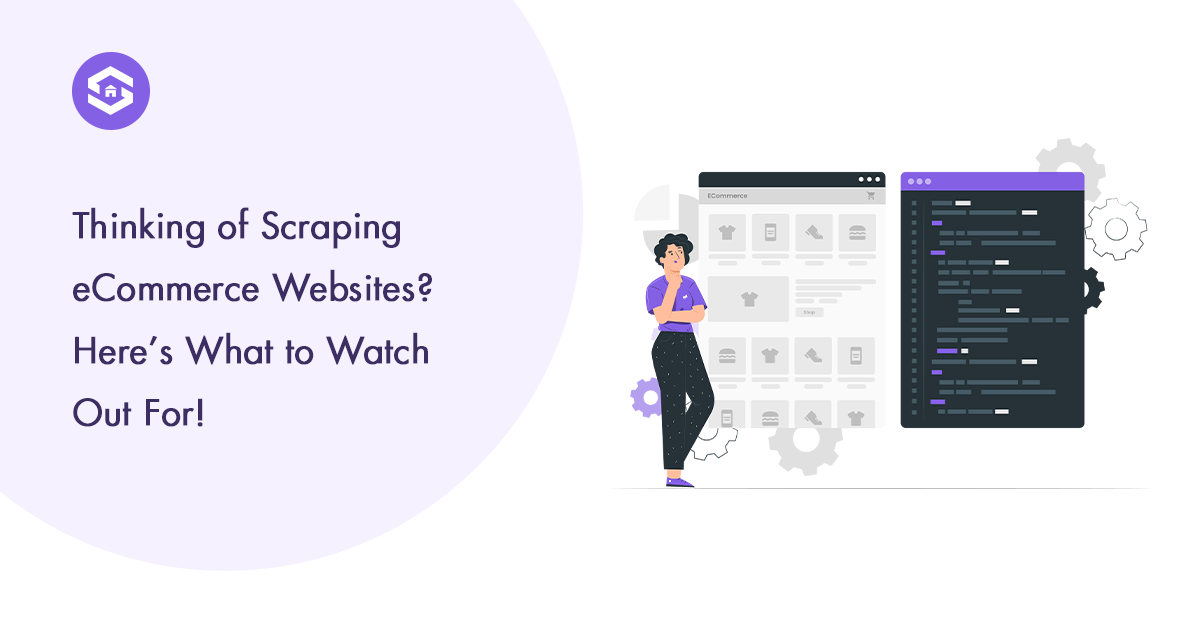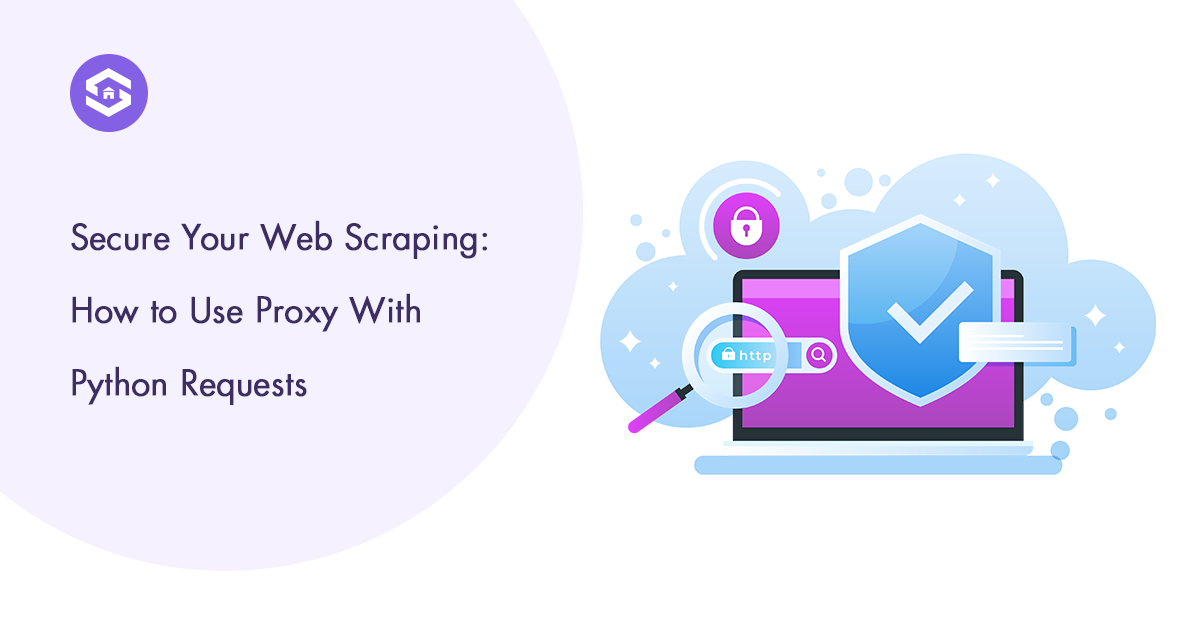Table of Contents
Table of Contents
The world of SEO can feel like a vast gold mine, with sparkling nuggets of data hidden beneath layers of algorithms and SERP complexity. But unlike traditional mining, cracking the SEO code doesn’t require a pickaxe and a headlamp – just the right SEO API.
Think of them as your trusty AI-powered shovels, scooping up valuable insights in milliseconds. Keyword rankings, competitor analysis, backlink profiles – these APIs unlock a treasure trove of information, fueling your SEO strategies and catapulting you to the top of the search game.
But wait, isn’t data extraction a messy business?
Scraping, crawling, parsing – it all sounds like technical jargon reserved for code ninjas. Fear not, weary marketer! This blog is your map to navigating the API universe, highlighting the best, free, affordable, AI-powered, and easy-to-use options, all wrapped in simple, human-friendly language.
Why Dig with APIs?

Imagine crawling through endless SERPs on your knees, painstakingly gathering data bit by bit. Sounds like a one-way ticket to information overload and a serious case of carpal tunnel syndrome.
Here’s where APIs step in, transforming this tedious process into a smooth, automated dance. They act as intermediaries, sending your queries to search engines and returning structured, ready-to-analyze data in a blink.
It’s like having an army of digital research assistants working round-the-clock, feeding you the insights you need to make informed SEO decisions.
Exploring the Gold Mine: Top SEO APIs
Now, let’s delve into the specific tools that unlock this data bounty. We’ll break down your options based on key needs:
Best Overall:
SEMrush API: A powerhouse toolkit offering in-depth keyword research, rank tracking, competitor analysis, and backlink profiling. Think of it as your Swiss Army knife for SEO data.
Ahrefs API: Another heavyweight contender, boasting a massive backlink database and comprehensive competitor analysis tools. Ideal for serious SEO specialists and agencies.
Free Options:
SERPHouse: This API lives up to its name, delivering fast and affordable SERP data extraction (with a free tier for limited needs). Great for beginners and budget-conscious SEOs.
Google Search Console API: Access your own website’s ranking data directly from Google. Not as feature-rich as others, but valuable for internal SEO insights.
Affordable Alternatives:
Moz API: Provides solid keyword research, backlink analysis, and page authority data at a competitive price point. A good balance between features and cost.
Majestic API: Renowned for its historical backlink data, making it perfect for long-term SEO analysis and competitor insights.
AI-Powered Intelligence:
MeaningCloud: This API goes beyond keywords, analyzing sentiment, entity recognition, and other linguistic nuances in SERP results. Ideal for content optimization and audience targeting.
Aylien: Another AI-powered option, extracting key insights and trends from search results, giving you a deeper understanding of your target audience.
Easy-to-Use Champions:
RapidAPI: A marketplace connecting you with various SEO APIs through a user-friendly interface. No coding is required, perfect for non-technical marketers.
Apify: Build custom SEO workflows by combining different APIs and functionalities with a drag-and-drop interface. Simplify your data extraction process without writing a single line of code.
Remember:
Matching your needs: Choose an API that aligns with your specific SEO goals and budget.
Testing the waters: Most APIs offer free trials, so take them for a spin before committing.
Documentation is key: Familiarize yourself with the API’s documentation to ensure smooth integration and data interpretation.
Beyond the Shovel: Analyzing Your Digs
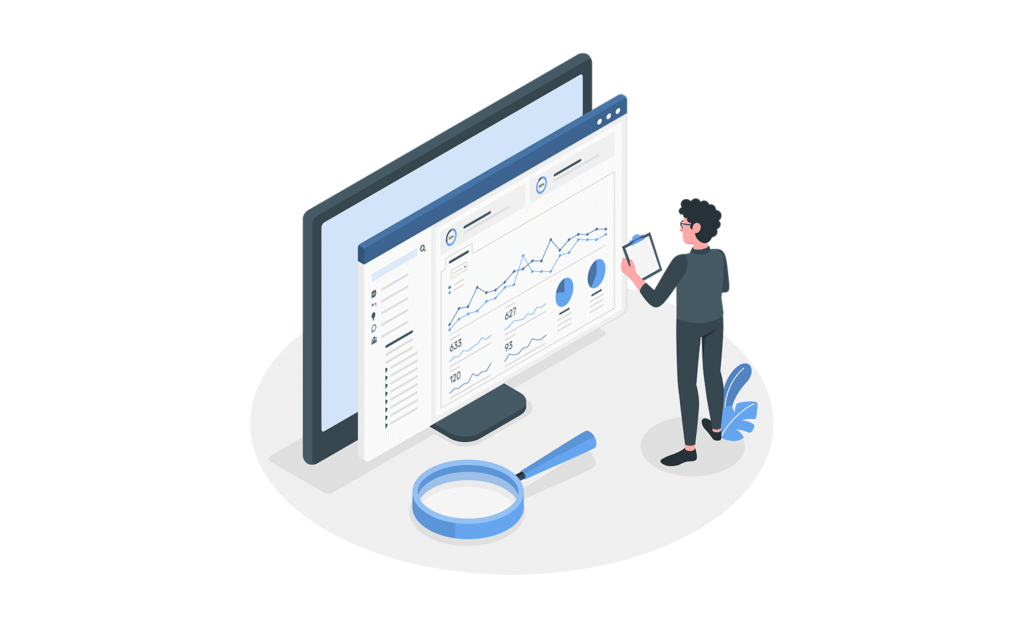
With the data gold in your hands, don’t just admire its shiny surface. Extract its true value by:
Identifying trends and patterns: Use visualizations and dashboards to understand how keywords rank, backlinks evolve, and competitors operate.
Benchmarking your performance: Track your progress against industry standards and set data-driven goals for growth.
Informing your SEO strategy: Optimize your content, target the right keywords, and build impactful backlinks based on your data insights.
Conclusion:
SEO APIs are not just tools for the tech-savvy – they’re democratizing access to valuable data for all marketers.
So, pick your shovel, choose your API, and start digging! Remember, the key to SEO success lies not in hoarding data, but in using it to refine your strategies and shine brighter than ever on the SERP landscape.

